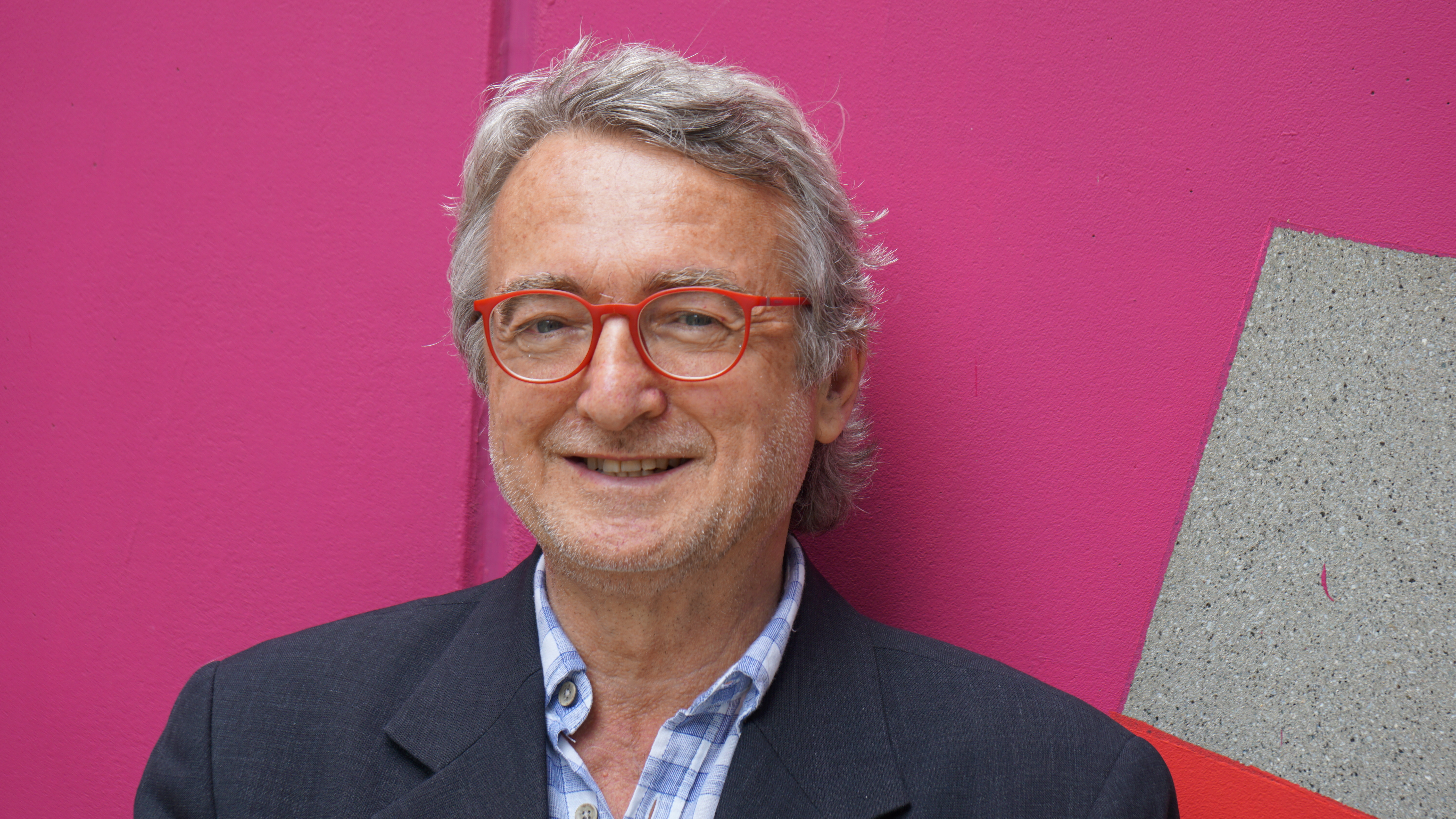
Survey on leadership, management, quality and innovation in organ procurement for the self-sufficiency in organ donation of the one belt & one road area
Aurora Navarro1,3, José Luis Escalante4, Ricard Valero1, Chloë Ballesté1,2, Arantxa Quiralte2, Melania Istrate1, Elisa Vera2, Marti Manyalich Vidal1,2, Ana França5, Danica Avsec6, Alan Leichtman7, Kunming Recommendations Group8.
1Surgery and Surgical Specializations Department, Faculty of Medicine, University of Barcelona, Barcelona, Spain; 2DTI Foundation, Barcelona, Spain; 3Notify project-WHO, Barcelona, Spain; 4Hospital General Universitario Gregorio Marañón, Madrid, Spain; 5Portuguese Institute for Blood and Transplantation , Lisbon, Portugal; 6The Institute for Organ and Tissue Transplantation of the Republic of Slovenija, Ljubljana, Slovenia; 7Arbor Research Collaborative for Health, Ann Arbor, MI, United States; 8Kunming Recommendations group, Kunming, People's Republic of China
Introduction: “One Belt & One Road Initiative” is a development strategy adopted by the Chinese government involving countries and international organizations from all over the World for economic and commercial development.
During the One Belt & One Road 1st International Workshop on Leadership & Management, Quality and Innovation in Organ Procurement was held in Kunming (China) in December 2019, 81 participants from 33 countries worked together towards the common objective of establishing essential recommendations on 4 strategic chapters leadership, management, quality and innovation in organ donation necessary to achieve self-sufficiency in their organ donation programs. The group’s objective was to identify issues related to and measures towards the self-sufficiency in organ donation programs.
Methodology: Previous to the meeting, an online survey was designed and distributed via an online survey among participants of the workshop to gather the necessary information about the 4 strategic chapters.
The final survey with 46 questions, included 2 delegate’s professional information questions, 25 questions on leadership and management, 9 questions in quality, 6 questions on innovation and 4 questions in donation activity and healthcare systems.
Results: The survey was sent to 58 responders from 44 countries. A total of 42 responses were received from 34 countries. Respondents were: 31.16% Key Donation Persons (national 14.5%, regional 7.14% and hospital 9.52%); 21.4% members of a donation/transplantation surgical team; 16.67% member of the transplant medical team; 4.76% Ministry of Health employees.
LEADERSHIP AND MANAGEMENT
38 responses have a legal framework for donation & transplantation (D&T) (92.6% of total responses). 28 responses have an Opting in system (68.29%). 32 responses reported having a have a National Donation & Transplantation (D&T) Office (76.19%) and 31 of them are funded by the Minister of Health (96.8%).
In 27 responses, the KDP role is defined (65.85%). From these, 22 of them are officially appointed (81.48%), being the Hospital Director responsible in 17 of the appointments (62.96%).
QUALITY
24 responses have Organ Donation process guidelines/procedures/protocols at national level (68.5%), 17 have protocols at hospital level (48.57%).
22 responses declared having an authorization or accreditation system for the donor hospitals in their country or region (62.86%).
INNOVATION
25 responded affirmed NOT to use Normothermic regional perfusion in Donation after Cardiac Death (DCD) (73.53%), while 18 NOT use any ex-vivo perfusion machine (52.94%).
7 respondents did not have a Tissue Bank at national level (20.59%), and among them.
Conclusion: The survey response rate was high (81%) and the respondent’s professional profile was heterogeneous. The survey results were used to elaborate in a second phase –already done - the "Recommendations for belt & road region on leadership, management, quality and innovation to achieve self-sufficiency in organ donation".
There are no comments yet...